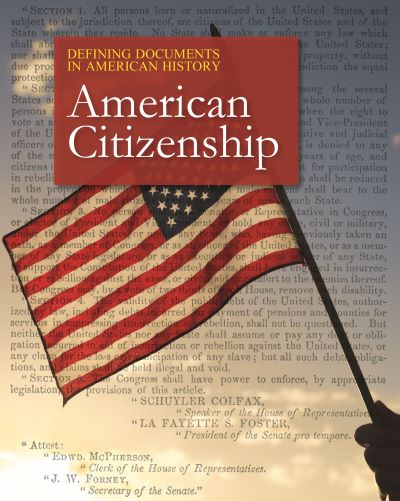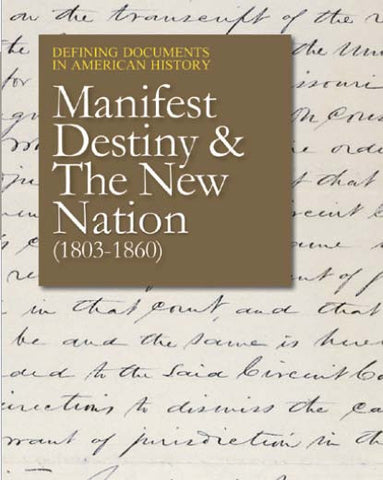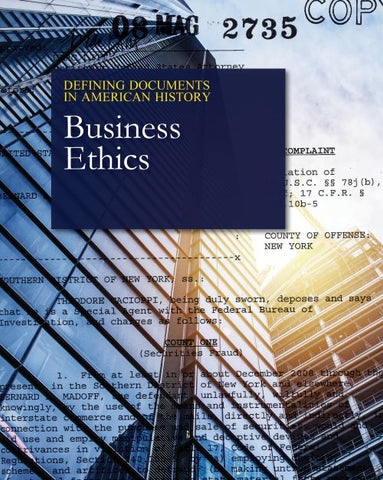Defining Documents in American History: American Citizenship
$ 295.00
This two-volume set examines how today's U.S. citizen was first imagined, how citizenship was established and codified, and how it has been refined over time. Essays also consider barriers to full citizenship, including voting rights, civil rights, prisoner's rights, immigration quotas, and the process of becoming a naturalized citizen. Slavery is also discussed, as slaves were not considered citizens at all and in fact only counted as three-fifths of man. Constitutional amendments, civil rights legislation, and a parade of court cases both advanced and prevented individuals from achieving citizenship. White women were considered citizens from the nation's earliest days, but they could not vote, hold office, or serve on juries until the determined efforts of suffragists began the process of making all women full citizens with all of its attendant rights, including the right to vote. Native Americans were not officially U.S. citizens until the passage of the Indian Citizenship Act in 1924.




Share this item: